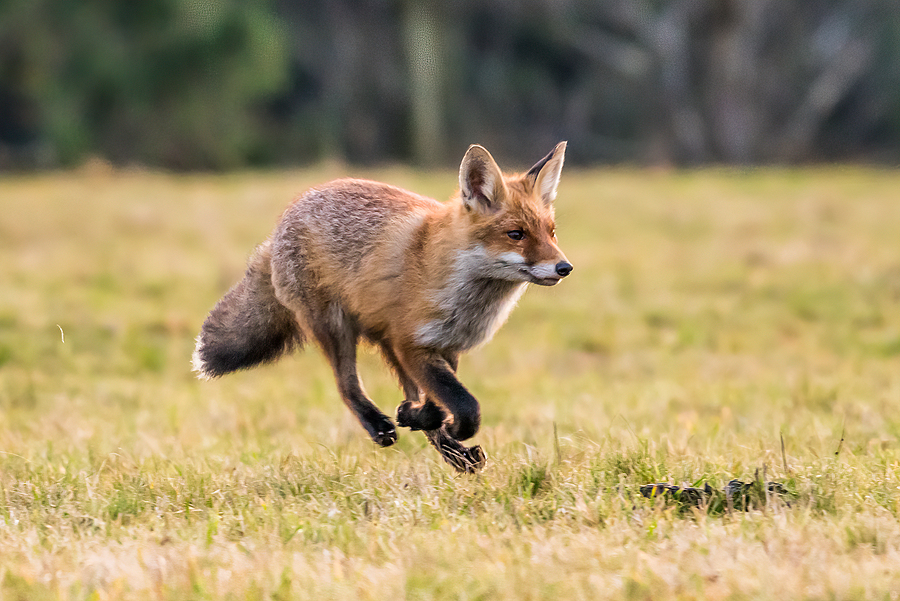As the boundary between urban and rural environments continues to blur, human-wildlife interactions are increasingly common, often leading to complex ecological dilemmas. Fox control services, an integral aspect of wildlife management, play a crucial role in maintaining this delicate balance. These services not only ensure the safety of our local communities, but also contribute to preserving the biodiversity of our ecosystems.
In this blog, we will delve into the world of fox control, exploring the various deterrents utilized and their significance in effective wildlife management. So, whether you’re a curious homeowner, a wildlife enthusiast, or an ecologist, there’s something to learn for everyone. Let’s unravel this intriguing aspect of wildlife conservation together.

Understanding Fox Control
Foxes, a member of the Canidae family, are highly adaptable creatures known for their scavenging skills and opportunistic feeding habits. These omnivorous mammals have a wide distribution across North America, Europe, and Asia, making them one of the most widespread predators globally. While they play an essential role in maintaining the ecological balance by controlling rodent populations, their presence in urban and suburban areas can lead to conflicts with humans. These conflicts include predation on domestic pets, crop damage, and the spread of diseases such as the Rabies virus. Therefore, effective fox control is necessary to mitigate these risks and maintain a harmonious coexistence between humans and wildlife.
Fox Deterrents: From Traditional Traps to Modern Methods
Effective fox control involves a combination of strategies, including habitat modification, non-lethal deterrents, and lethal methods. One common method is the use of traditional traps such as leg-hold traps or snares. While these have been effective in the past, they are now considered inhumane and are often replaced by more modern techniques. These include fencing, which can be used to enclose vulnerable areas such as chicken coops or gardens, and sound deterrents that emit high-frequency noises to deter foxes.
The Significance of Fox Control in Wildlife Management
Fox abatement plays a vital role in wildlife management by reducing the negative impacts of foxes on both humans and other animal species. By preventing predation on livestock and pets, they protect the livelihoods of farmers and pet owners. Additionally, by controlling fox populations in urban areas, these services help prevent the spread of diseases such as mange and rabies. Furthermore, through targeted control methods that avoid non-target species, fox control can also assist in preserving the biodiversity of our ecosystems.
How a Licensed Wildlife Control Company Can Help With Nuisance Fox Control
While some homeowners may attempt to control fox populations on their own, it is essential to seek the assistance of a licensed wildlife control company. These professionals have the knowledge, experience, and resources to effectively manage fox populations without causing harm to non-target species. They can also guide preventative measures that individuals can take to reduce the chances of attracting foxes into their properties.
Never attempt to trap, poison, or kill local foxes on your property. It is important to use safe and humane measures of wildlife abatement to protect people and the surrounding environment. Always enlist the services of a trained and insured animal removal company for structured fox control services that are up to code.
The Takeaway
In conclusion, fox removal and control services are an essential aspect of wildlife management that helps maintain the delicate balance between humans and wildlife. These services utilize a combination of traditional and modern techniques to mitigate conflicts and protect both human livelihoods and biodiversity. By understanding the significance of fox control, we can work towards coexisting with these adaptable creatures while preserving the integrity of our ecosystems. Remember, when it comes to fox control, always seek the assistance of a licensed Indiana wildlife control company for humane and effective methods.
So, next time you spot a fox in your backyard, don’t panic; instead, reach out to your local wildlife control experts for help. Contact Budget Animal Removal at 317-875-3099 for DNR licensed and insured fox removal and control in Indianapolis and its surrounding counties. We also work with all other species of wildlife native to Indiana. Request a free estimate or advice, today!
Related Posts:
How to Deter Foxes from Your Property
This Odd Critter Control Ingredient Will Get Rid of Foxes
Tips for Getting Rid of Foxes in Indiana

